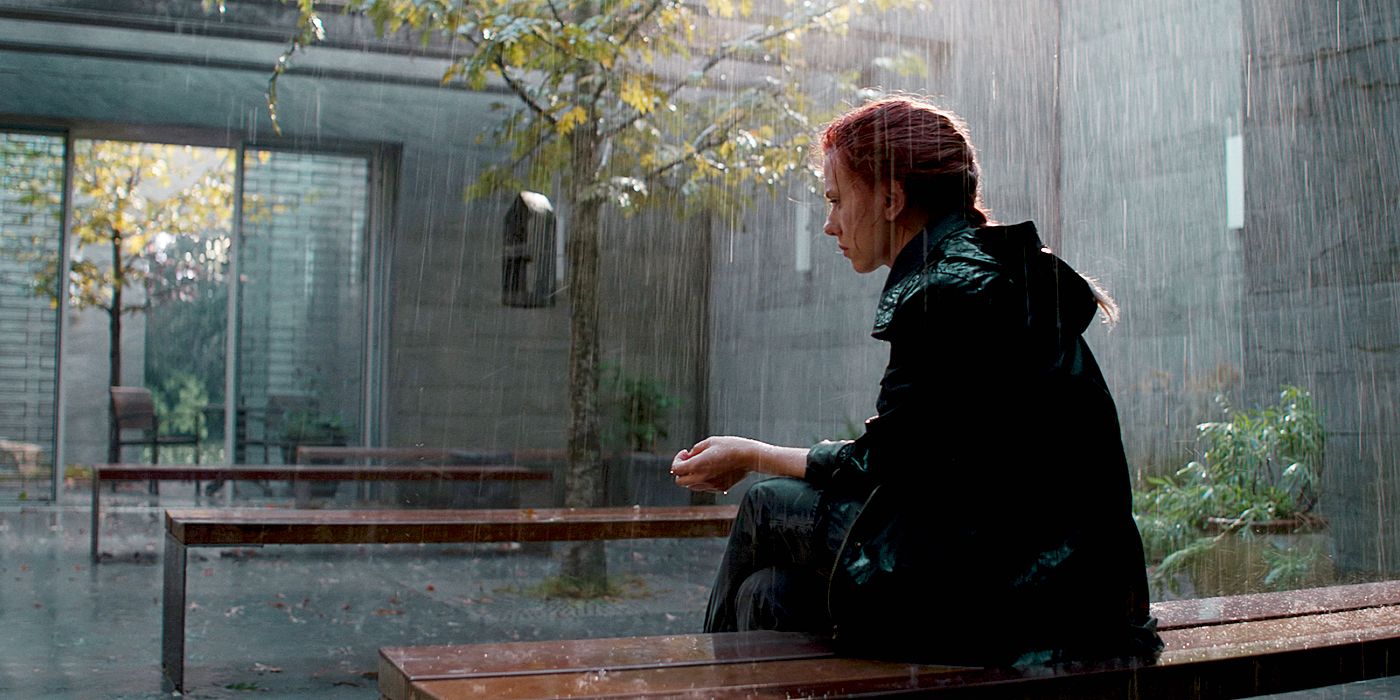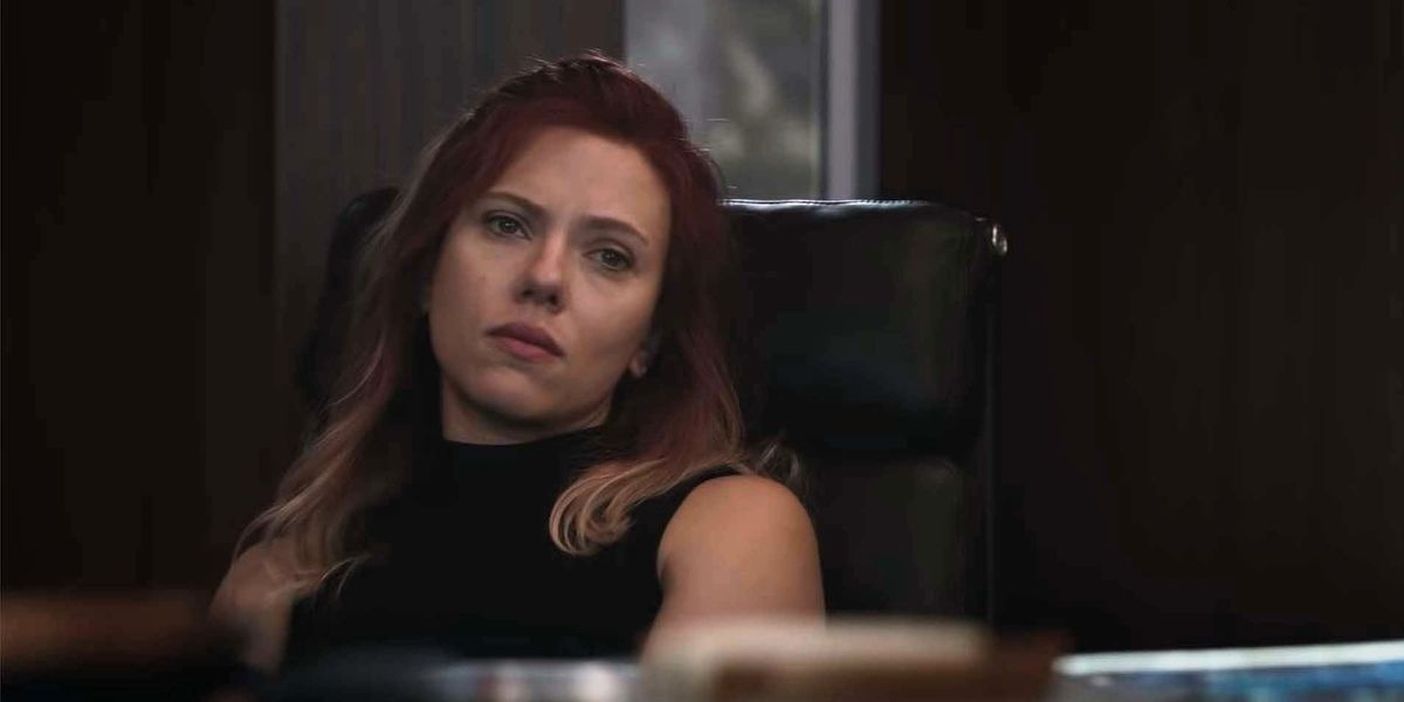WARNING: The following article contains major spoilers for Avengers: Endgame, in theaters now.
Although Marvel Cinematic Universe fans had long speculated that Iron Man would fall in Avengers: Endgame, the loss of Black Widow, who sacrificed herself in exchange for the Soul Stone, came as both a surprise and an emotional punch to the gut. The two deaths, which left many movie-goers in tears, took center stage during a discussion last week by directors Joe and Anthony Russo at a special spotlight event held at the Smithsonian Institute in Washington, D.C.
Joe Russo observed that, in a way, Tony Stark was destined to die going into Endgame as a futurist facing the increasing possibility that he was becoming obsolete. His death while using the Infinity Gauntlet to defeat Thanos also served as a fitting end to an arc that began in 2008 with Iron Man. Robert Downey Jr.'s character began as the biggest egotist in the MCU, with Captain America claiming in 2012's The Avengers that Tony would never make the sacrifice play. His heroic death in Endgame would not only prove Cap wrong, but be the most selfless act Tony had ever committed in contrast to his self-centered debut.
The death of Scarlett Johansson's Natasha Romanoff was similarly intended to give her character a heroic arc in contrast with her earlier depictions. Anthony Russo noted that Black Widow was the only original Avenger to have a villainous origin, before she joined S.H.I.E.L.D. sometime before the events of Iron Man 2. With that in mind, Black Widow had been paired with Captain America during The Winter Soldier as the most morally ambiguous Avenger to further illustrate the contrast between the two. Natasha's heroic development was expanded in Endgame, with her redeeming herself by sacrificing her life on Vormir in exchange for the Soul Stone.
Joe Russo responded to criticism that Tony received a large funeral attended by most of the MCU's principal players, while Natasha's death received little fanfare onscreen. Anthony Russo pointed out the difference was informed by the nature of character: While Tony had certainly progressed to be a more selfless individual than he was in his debut, he still maintained a prominent ego and went as far to record two postmortem messages over the course of the film, while Natasha had always preferred a life of anonymity.
The limited screen time dedicated to meditating on Natasha's death was also informed by the MCU's future. Endgame is Tony Stark's MCU sendoff, but Black Widow will soon receive a solo film. With that in mind, and with three hours to tell their story, the Russos decided to minimize the focus on Natasha's loss.
With such high stakes, there were always going to be major deaths in Avengers: Endgame. That said, Anthony Russo stressed there was never an edict from Marvel Studios to kill any specific characters. That level of creative freedom helped to convince the directors to work with the studio for so long.
Directed by Joe and Anthony Russo, Avengers: Endgame stars Robert Downey Jr. as Iron Man, Chris Evans as Captain America, Mark Ruffalo as Bruce Banner, Chris Hemsworth as Thor, Scarlett Johansson as Black Widow, Jeremy Renner as Hawkeye, Brie Larson as Captain Marvel, Paul Rudd as Ant-Man, Don Cheadle as War Machine, Karen Gillan as Nebula, Danai Gurira as Okoye and Bradley Cooper as Rocket, with Gwyneth Paltrow Pepper Potts, Jon Favreau as Happy Hogan, Benedict Wong as Wong, Tessa Thompson as Valkyrie and Josh Brolin as Thanos.



